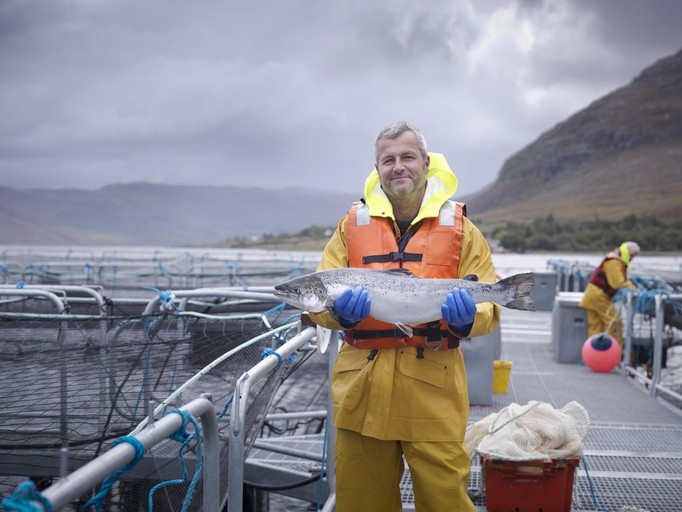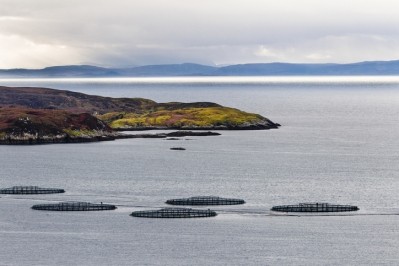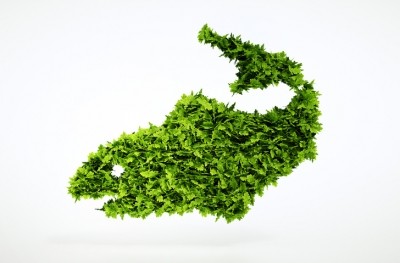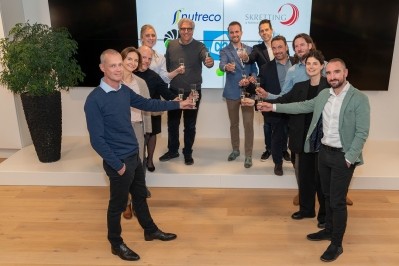Study: ‘Higher dietary EPA and DHA levels improve salmon production metrics’

The implications of the study are far-reaching and highlight the potential of analyzing data in commercial settings to gain insights into fish performance, according to the two companies.
Earlier this year, Veramaris recruited Manolin’s experts to conduct research and analyze anonymously provided feed and farm data.
“The results reveal that above average EPA & DHA levels in salmon feed led to significant improvements in metrics including harvest quality — with an average of 76% more superior harvests recorded — as well as higher feed performance, ultimately benefiting farm profitability,” said the algal oil derived omega-3 producer.
The company had supported research previoulsy on optimum omega-3 nutrition levels, but said those projects ran into unfortunate constraints at the commercial farm sites, making it hard to recover conclusive results.
While the existing scientific data indicated that dietary levels of EPA + DHA should be at or around 3.5% of diets (10% of total fatty acids) to get optimal performance, health, welfare, and quality outcomes in fish, the partners said that it was still unclear how such benefits translated under commercial conditions.
Changing feed formulations
Veramaris understood that salmon farmers needed to be able to quantify these benefits to help them make risk-based decisions for changing feed specifications. With a clear focus on EPA + DHA, the developer sought to measure performance in real-world conditions, to empower farmers to optimize their returns on investment, and validate outcomes.
Through its Harpoon aquaculture research data intelligence platform, Manolin conducted a study analyzing data from most Norwegian production zones to provide insights into the impact of dietary EPA & DHA levels on farmed salmon performance.
“Our platform has collected data from more than 900 generations of farm salmon. In addition, our anonymous and unbiased data is well-placed for industry collaborations such as this one with Veramaris,” said Tony Chen, CEO of Manolin.
Proof of concept
Veramaris said the project has provided a proof of concept based on big data to unlock the full potential of its Optimum Omega Nutrition (OON) approach.
“The results, which used data from some 232 million fish, have deepened our understanding of the impact of EPA & DHA levels on the performance of farmed salmon,” added Yann Le Gal, global business development manager at Veramaris.
Veramaris: "Scientific understanding of the benefits of essential fatty acids in fish nutrition is developing fast, but the implications for commercial salmon farming proved hard to define, until now."








